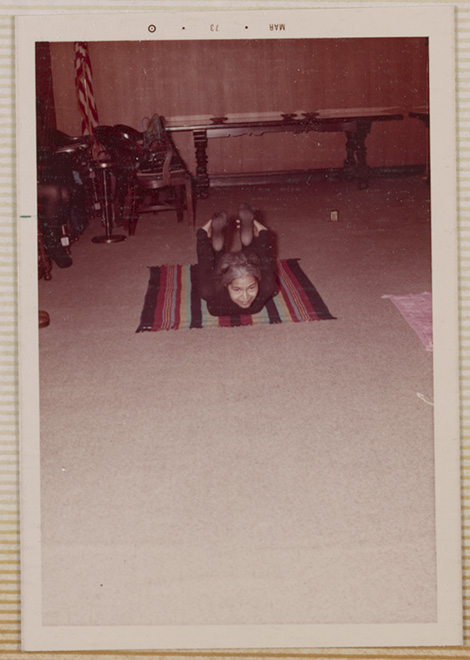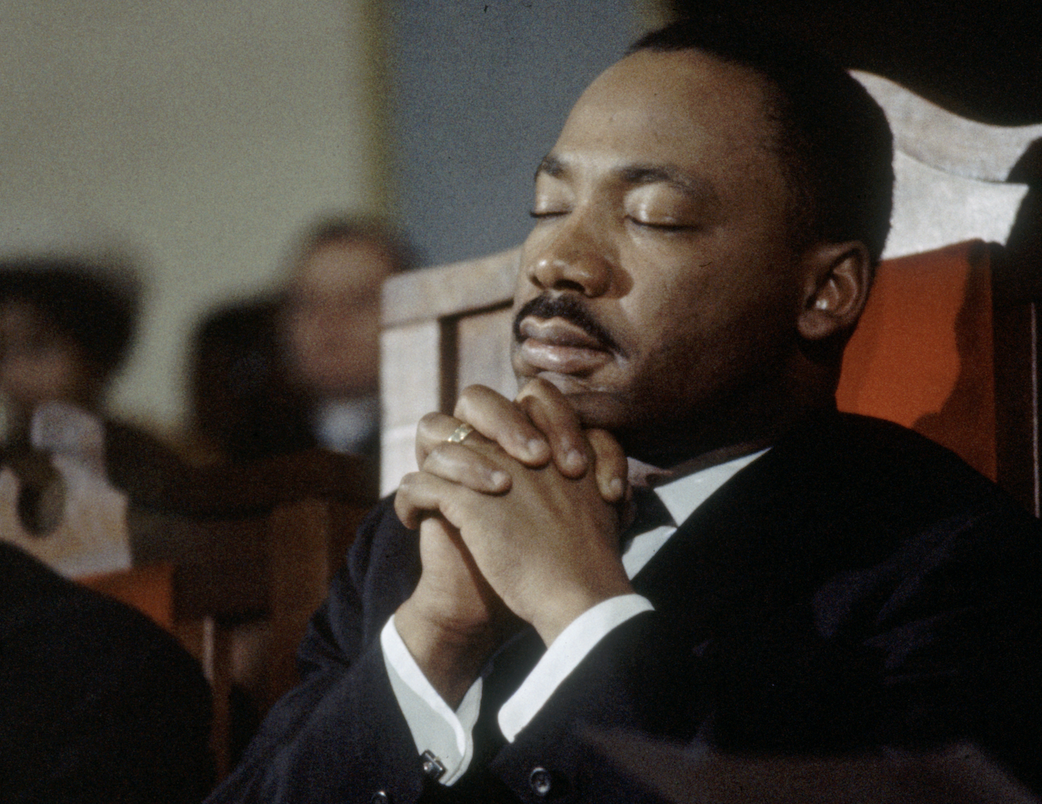Hundreds of thousands of people in our country and around the world are engaging in this historic moment of fundamental change. What is becoming clear, as Nikki Ogunnaike, GQ‘s Deputy Fashion Director, who took over my Instagram this week, put it, is that “dismantling racism is a lifelong marathon (not a sprint!).” This has always been the case. As Martin Luther King Jr. said in his 1957 “The Birth of a New Nation” sermon, “Freedom only comes through persistent revolt, through persistent agitation, through persistently rising up against the system of evil… It comes through hard labor and it comes through toil.” So if this is a marathon, how do activists sustain themselves instead of burning out?
When you’re devoting your life to a cause or mission greater than yourself, it’s very easy to allow your own individual well-being to take a back seat to the greater good. We can see the consequences of this all around us. Anxiety, depression and burnout are rampant among social activists. As Ben Austen put it, “their personal trauma became an unspoken side effect of the work.” And as Erica Garner, the daughter of Eric Garner, said shortly before she died of a heart attack at age 27, “I’m struggling right now with the stress and everything. Because this thing, it beats you down. The system beats you down.”
Then there is the legitimate urgency that activists bring to their work pitted against how hard and often slow fundamental change really is. And as Marie Solis wrote, “if they’re organizing around issues with direct implications for their own lives, activist efforts can trigger past trauma, or lead to vicarious trauma, the result of coming in contact with someone who is going through a traumatic event.”
That’s why self-care was part of the Civil Rights Movement — Rosa Parks practiced yoga and even demonstrated it at events in Detroit. As Stephanie Evans, a professor at Georgia State University, said: “What Mrs. Parks teaches us is that self-care is part of resistance — she lived to the age of 92 because she began to center her own health needs, even as she continued with lifelong activism in Detroit and beyond.” In the 1970s, the Black Panther Party established free nationwide clinics to deliver community-based healthcare, recruiting doctors and nurses to administer basic preventative care and promoting self-care as essential to the resilience of Black citizens. And as Van Jones wrote on Thrive, “I am going to do a better job of protecting my own health and wellness and will do so, not instead of fighting for social justice but so I can keep breathing and thriving long enough to win the battle.”

Rosa Parks practicing yoga at an event, Library of Congress
Self-care, as Jordan Kisner wrote in The New Yorker, became “a way to insist to a violent and oppressive culture that you mattered, that you were worthy of care.” Or as civil rights activist Audre Lorde put it in her book, A Burst of Light: “Caring for myself is not self-indulgence, it is self-preservation, and that is an act of political warfare.”
Now is the moment for activists to reclaim self-care instead of allowing it to remain largely commodified and disconnected from our collective efforts to end a deep-rooted system of racial injustice or in any other way make the world better.
While many of the 30 million Instagram posts tagged with #selfcare are now bubble baths or sponsored posts about beauty products, self-care actually has deep spiritual roots. Indeed, the spiritual connection goes back to the Greeks, who connected caring for ourselves to knowing ourselves, both of which require the time and reflection that have been hard to find in our breathless and frenetic lives. Michel Foucault wrote that Socrates was “a master of the care of the self reminding men that they need to concern themselves not with their riches but with themselves and with their souls.” And Martin Luther King’s sermons are full of similar messages. As he said in 1954, “Only through an inner spiritual transformation do we gain the strength to fight vigorously the evils of the world in a humble and loving spirit.” Twelve years later at Ebenezer Baptist Church, he once again urged this transformation: “Take your burden, take your grief and look at it, don’t run from it… Look at it hard enough and say, ‘How can I transform this liability into an asset?’”
It’s clear from all of his writings how much strength he drew from his spiritual life: “In the midst of outer dangers,” he wrote in his essay “Pilgrimage to Nonviolence,” “I have felt an inner calm and known resources of strength that only God could give. In many instances I have felt the power of God transforming the fatigue of despair into the buoyancy of hope.”
And modern science is backing spiritual wisdom. As Amy Arnsten, professor of neuroscience at Yale School of Medicine, told me: “Many of the personal characteristics needed to make progressive social movements successful —planning, focus, composure, discipline and persistence through adversity — are cognitive operations carried out by the prefrontal cortex. As uncontrollable stress weakens prefrontal cortical function, finding constructive ways to reduce stress can help us to act with the wisdom needed to create a more civilized society.”
As activists keep fueling for the long haul, we can all remind ourselves of the legislative successes that the heat in the streets, in corporate boardrooms and in our homes have already helped achieve. Last week I wrote about New York State Law 50-A, which shielded disciplinary records of police officers. This week, after five years of efforts, New York Governor Andrew Cuomo signed its repeal into law along with other bills banning the use of police chokeholds and making false race-based 911 reports a crime. Also this week, the D.C. Council voted to ban the hiring of officers with a history of serious misconduct and require the swift release of the names and body camera footage of officers who use force on civilians, while police use of chemical gas and chokeholds has been restricted in cities across America, including Seattle, San Diego and Denver. And on Thursday in Louisville, where the officers who killed Breonna Taylor have still not been arrested, the Louisville Metro Council unanimously passed a comprehensive ban on no-knock police raids.
This is obviously just the beginning, but something very powerful is happening in the country. And everyone who is part of the struggle to accelerate the shift needs to recognize that, as New York Assemblyman Michael Blake put it, “We can’t right the wrongs if we are not right. You can’t always be putting your body on the line if your mind is not right.” Self-care, far from being in opposition to the fundamental changes we need, is what fuels and sustains us for the long fight.
Subscribe here for my Weekly Thoughts Newsletter, where you’ll find inspiration and actionable advice on how to build healthy habits, resilience and connections in our unprecedented times.


